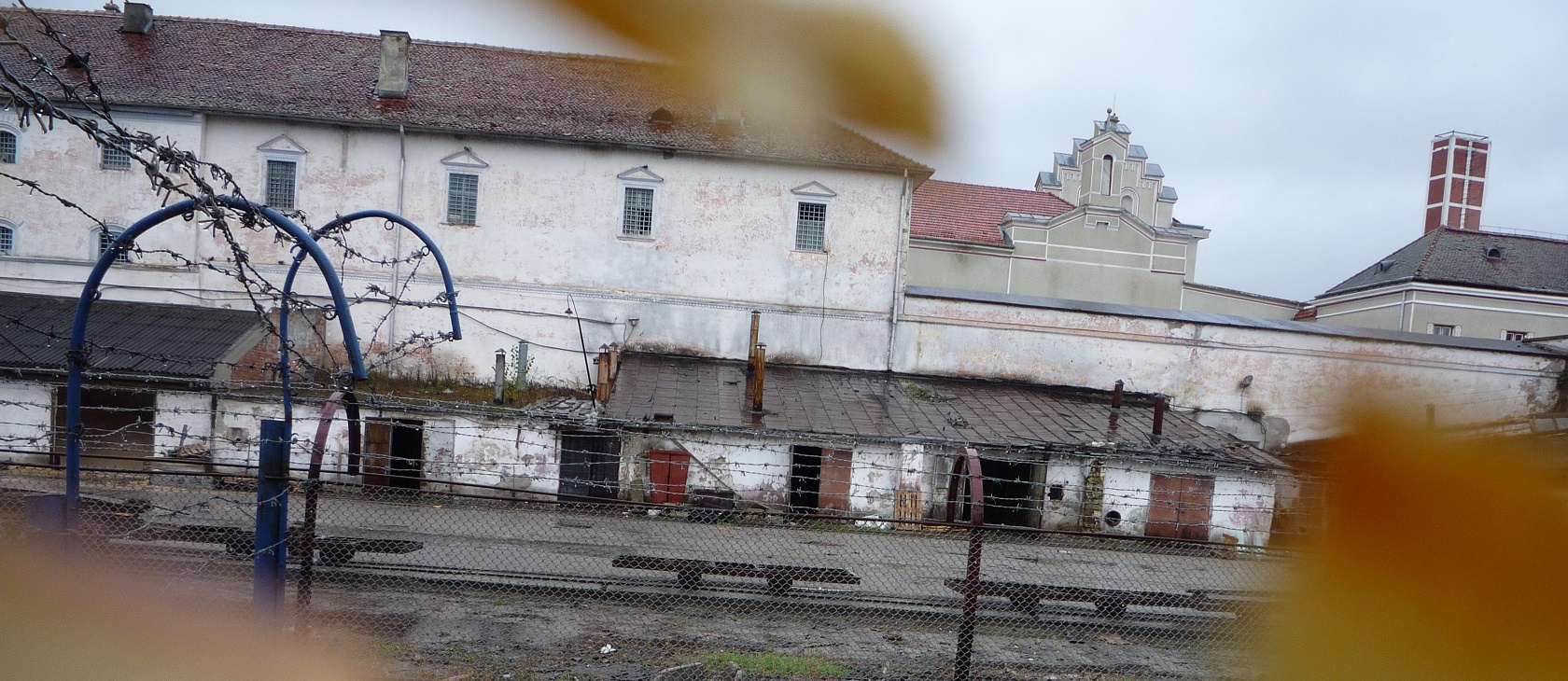Translated by Gabriela Ailenei nicolasteinhardt.wordpress.com
Nicolae Steinhardt was a 20th-century writer and Orthodox hermit. He was arrested by the Communist Party of Romania in 1959 when he refused to testify against a colleague who was accused of being an enemy of the people. Steinhardt himself was accused of conspiracy against social order and was sentenced to hard labor. He spent 13 years in a gulag-like prison. There he met a Bessarabian hermit and was baptized Orthodox Christian.
After his imprisonment, Steinhardt joined the Rohia Monastery where he was a librarian and wrote prolifically. Most of his writings were published postmortem after the Romanian Revolution. This includes his most famous work, jurnalul fericirii, “The Diary of Happiness.” Due to political censorship, many of Steinhardt's writings were not published until after his death, including the diary. It gained fame when it was broadcast in a series of episodes on Radio Free Europe. The following is an excerpt from this work:
All those—scholars or ordinary folk—who are satisfied to accept, as answers to the big questions man asks about his purpose in the world, about the universe and life, about suffering and injustice, phrases like: the universe has and will always exist, life is a natural phenomenon, chance created everything, thought is the superior form of human consciousness, prove how very undemanding they are. These kinds of answers are stereotypical simplifications, and they’re the equivalent of: when you’re talking to me, you should shut up.
On the contrary, nothing is natural and everything is surprising and wondrous. Evolution is a mystery and a miracle. The questions that our conscience asks are mysteries. Nature and its implacable laws are a miracle. From all sides, mysteries besiege and assail us, uninterrupted and more persistent than cosmic rays.
And not even stupidity or indifference can constitute a strong enough magnetic field to protect us from them, the same way the earth’s magnetic field slightly amortizes the shock of cosmic mesons. Angst (or exaltation) will inevitably jolt every soul, even the most obtuse; in a prison cell, on the sick bed, at the moment of death, or all of a sudden on the street. Every event is anti-destiny.
Every work of art is anti-nature. Every decision is anti-nothingness. To love somebody is a mystery of faith. Love and forgiveness are not natural. Natural is the second principle of thermodynamics.
Shestov: the evolution of the universe is not in the least natural; it would be natural if there were absolutely nothing—no universe, no evolution.



